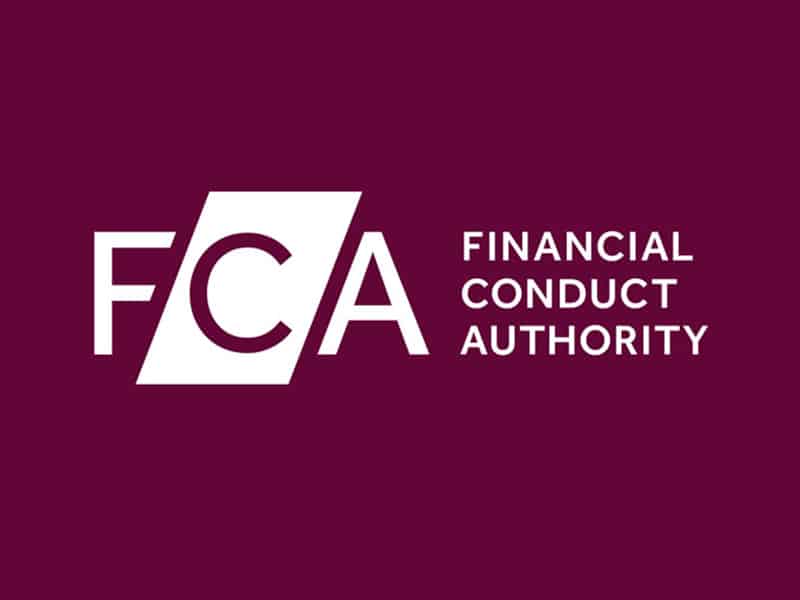The FCA have today published an update on the banks’ reviews of the sale of interest rate hedging products (“IRHPs”). Despite attempts by the FCA to say that good progress is being made, the figures expose that the Review process is marred by severe delay. Such delay serves to limit customers’ legal rights and amounts to an abuse of the proper process of the Review.
14 Months on: Review population: 30,169 | Acceptable offers: 10
The review into the mis-selling of interest rate swaps was announced by the Financial Conduct Authority (then the FSA) on 29 June 2012. On 31st January 2013, the Financial Conduct Authority (the FCA) published a press release in which they stated:
“We expect the banks to aim to complete their review within six months, although the priority must be delivering fair and reasonable outcomes for customers. We accept that for banks with larger review populations this may take up to 12 months.”
This led many people to understand that the review process would be completed within 6-12 months of 31st January 2013, i.e. in many cases by 31st July 2013 and in all cases by 31st January 2014.
It is clear from the progress to date that these deadlines will not be met, and the FCA makes no reference to its previous statement in today’s release. In fact, by the end of August 2013, there were only 10 cases where a final offer of redress had been accepted by the customer.
The FCA now say that most customers will be informed of the basic redress offer by the end of the year. It therefore seems clear that the review will not in fact be complete by the end of January 2014. Indeed, given that only 0.03% of customers have completed the process to date, it seems unlikely that revised target (whatever it means) can be met.
RBS lagging the field: Delay tactics designed to time bar legal rights?
Further striking information can be gleaned from the breakdown of the data by bank (which is easy to miss at the bottom of the press release). Firstly, it is notable that RBS has more than double the review population of any other bank. In fact, RBS customers make up over a third of the total. No doubt because of this, RBS are progressing more slowly through the review process than the other banks.
Whereas Barclays have now completed the customer classification process, RBS are still at this stage for nearly half their customers.
Customer classification simply refers to the process of determining whether customers are “sophisticated” or not for the purposes of the review. Although there are some complexities to this determination, in the vast majority of cases it should be as straightforward as looking at the business and seeing that it has fewer than 50 employees, less than £6.5 million turnover and a balance sheet of less than £3.26 million. There can be no reasonable explanation for such lengthy delays in this process.
We have previously noted our concern that RBS’s provision for IHRP mis-selling claims remains inadequate. With a population of over 10,000 sales, and given the high rate of non-compliant sales noted by the FCA and below, a provision of £700 million seems plainly inadequate. In particular, Barclays, with a much smaller population of sales have made a provision of £850 million.
93% of sales non-compliant with regulatory framework
The complex part of the review process is what the FCA refer to as the “compliance assessment”, which is the third stage, where the bank actually determines whether or not the sale complied with its regulatory obligations.
Only 608 cases have completed this stage, out of an eligible population of 28,050, i.e. 2% of sales have been assessed for compliance. Of these, 93% have been found to be non-compliant.
FCA deterring customers from seeking legal advice
Today’s FCA press release once again repeats previous claims by the FCA that the redress process means that customers need not obtain legal advice as the process is allegedly simple. We consider this is incorrect and that there are at least two serious dangers with this approach from the customers point of view.
The first is that, as we have previously outlined, the review contains a number of traps for the unwary which could result in customers prejudicing their legal rights. For example, the banks’ review teams often instruct lawyers to represent them and deliver interview questions to customers (ordinary people) and the questions seem designed to limit redress. The interview process is demonstrably one sided and customers have limited rights, for example to ask questions or obtain material from the bank’s records which may assist them in providing their account of events that occurred several years previously.
The second is that many of these cases will be coming up to their “limitation date”, which will usually be six years after the date of the presentation or sale. After this date has passed, it will be too late to bring legal proceedings.
Warning: waiting for a Review may result in loss of legal rights
A customer was recently informed by their bank (shortly after the expiry of their limitation date) that they would be excluded from the review. It is a source of dismay that this was in spite of the customer being sold a Category A product and engaging with the bank in the pilot review process in 2012 (having undergone a full review in that process).
Fortunately, that customer had obtained legal advice and protected their legal rights by issuing a claim in the High Court. With large sums of money in dispute, a relatively small expenditure on expert legal advice could prove very valuable.
